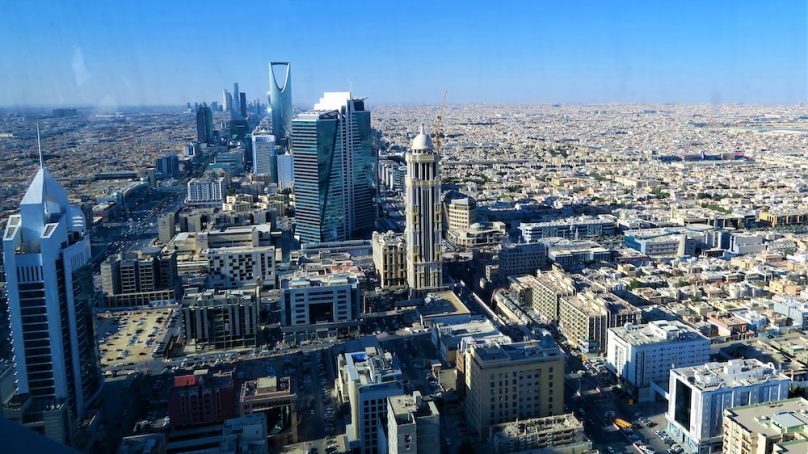According to the joint Insight Out Consulting Phocuswright Middle East Travel Market Report 2022-2026, the Middle East has been experiencing significant growth in its travel and tourism sector. Government investments, infrastructure development and the digital transformation have had a significant impact on the sector.
KSA leads the region’s fastest-growing travel market
Saudi Arabia leads the region as the fastest-growing travel market. Achieving a remarkable 107 percent increase in gross bookings in 2022 compared to the previous year. Furthermore, the Vision 2030 initiative is a driving force behind this growth. In addition, the government plans to invest USD 800 billion in the tourism sector over the next decade. Consequently, the Red Sea Project and NEOM developments, along with infrastructure improvements, are expected to attract millions of tourists. Moreover, eased visa requirements have also contributed to the influx of leisure tourists, making Saudi Arabia a promising destination.
UAE’s robust travel markets
The UAE emerges as one of the most robust travel markets in the Middle East. It achieved a remarkable 101 percent year-on-year increase in travel and tourism activities in 2022 compared to 2021. This growth is set to continue, with a forecasted 10 percent increase in 2023. Furthermore, the government played a pivotal role in supporting this growth by investing heavily in the sector. For example, through initiatives like the UAE Tourism Strategy. Additionally, the country’s well-developed airline sector further enhances its position as a travel hub. Moreover, the hospitality sector is rapidly expanding. They plan to reach over 200,000 hotel rooms by 2030, catering to the growing demand for luxury hotels.
Qatar’s road to recovery
Qatar experienced a notable recovery in its tourism sector in 2022, which was largely driven by the FIFA World Cup event, infrastructure expansion and the popularity of Qatar as a leisure destination. The Qatar National Tourism Council is investing heavily in the tourism sector, with plans to develop new hotels, attractions, and cultural experiences. Qatar Airways is expanding its global footprint to support tourism growth, aligning with the country’s vision of welcoming six to seven million visitors annually by 2030.
Egypt on the rise
Egypt has shown improvement in its tourism sector since 2020. Although it has not yet reached pre-pandemic levels, several factors have contributed to this recovery. Firstly, the depreciation of the Egyptian pound has made the country a more affordable destination for travelers. Additionally, government efforts to promote Egypt as a safe and attractive destination have played a crucial role in this revival. Furthermore, domestic tourism is on the rise, indicating a growing interest among locals to explore their own country. Lastly, Egypt’s natural attractions are catering to the growing trend of adventure tourism in the region, attracting a diverse range of visitors.
Digital transformation
Digital transformation has played a crucial role in the Middle East’s travel and tourism industry. In 2022, the region experienced a 103 percent increase in online booking values compared to the previous year. This growth is driven by tech-savvy travelers who are increasingly relying on digital platforms for their travel needs. The adoption of customer-facing tech solutions like AI chatbots and mobile apps has enhanced the overall user experience. Furthermore, the integration of advanced online back-end systems by travel suppliers has streamlined operations and improved efficiency. As a result, the Middle East is expected to see online bookings account for 50 percent of total bookings in the UAE and KSA by 2026, reflecting the growing influence of digital technology on the industry.
The Middle East’s travel and tourism sector is on a robust growth trajectory, with different countries leveraging various strategies to attract tourists. The UAE and Saudi Arabia are leading the way with significant government investments, while Qatar and Egypt are harnessing their unique attractions to draw visitors. Digital transformation is a common theme, with online booking platforms playing a pivotal role in expanding the industry. Overall, the outlook for the Middle East’s travel and tourism sector appears promising, with continued growth expected in the coming years.















